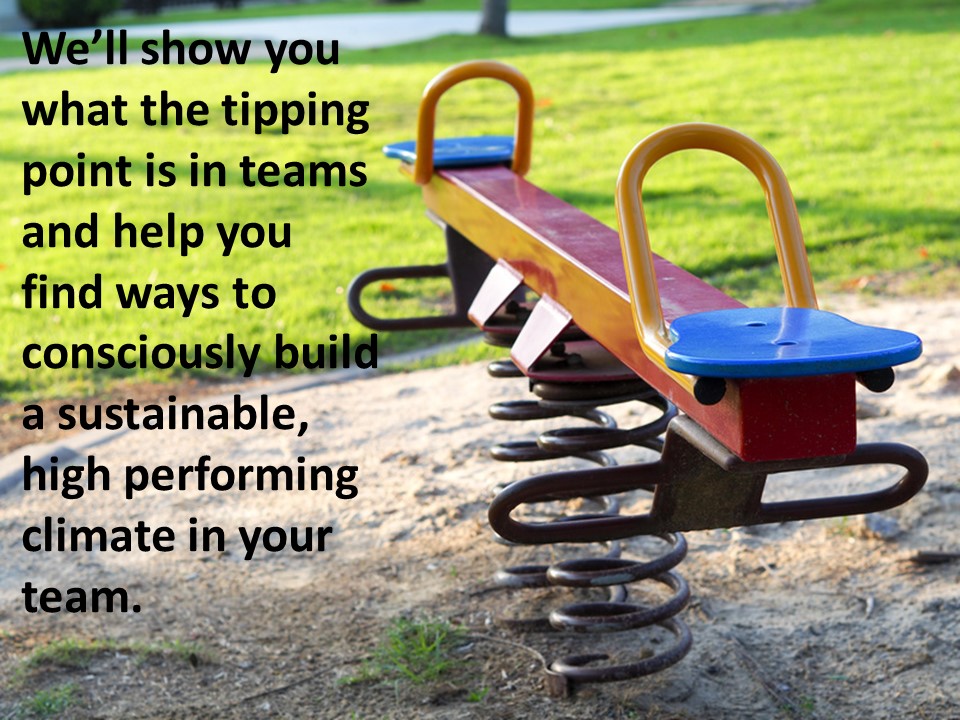Positive Leadership and the PRISM Model
Positive leadership emphasizes fostering a positive and supportive work environment, focusing on strengths and opportunities, and promoting the wellbeing and development of individuals and teams. It uses positive psychology principles and techniques to enhance employee engagement, motivation, and overall satisfaction.
The PRISM Model is from Whitney’s book and accompanying workbook “Leadership Starts with You.” This model and the tools, approaches, and techniques are put together in a sequence of trainings that best suit your learning goals, budget, and needs.
Length:
This training is customized and depends on your needs, goals, and resources. This training can be part of an overall leadership training program or stand alone.
Key elements of this training include:
- Strengths-Based Focus: Positive leaders identify and leverage the strengths and talents of their team members, helping them excel in their roles and contribute to the organization’s success. They focus on what individuals and teams do well rather than solely addressing weaknesses.
- Optimism: Positive leaders maintain an optimistic and hopeful outlook, even in the face of challenges. They believe in the potential for growth and success and communicate this belief to their teams.
- Empowerment: Positive leaders empower their team members by delegating authority, providing autonomy, and involving them in decision-making processes. This fosters a sense of ownership and responsibility among team members.
- Open Communication: Effective communication is essential in positive leadership. Leaders actively listen to their team members, provide constructive feedback, and create an open and transparent communication channel.
- Resilience: Positive leaders demonstrate resilience and encourage their teams to bounce back from setbacks and learn from failures. They view challenges as opportunities for growth rather than as insurmountable obstacles.
- Appreciation and Recognition: Recognizing and appreciating the efforts and achievements of team members is a cornerstone of positive leadership. Regular acknowledgment of contributions boosts morale and motivation.
- Emotional Intelligence: Positive leaders possess strong emotional intelligence, enabling them to understand and manage their own emotions as well as the emotions of their team members. They create an emotionally supportive environment where individuals feel valued and understood.
- Development and Growth: Positive leaders are committed to their team members’ personal and professional growth. They provide opportunities for skill development, career advancement, and continuous learning.
- Inclusivity and Diversity: Positive leadership embraces diversity and inclusivity, valuing different perspectives and backgrounds. It creates an environment where all individuals feel respected and included.
- The Leader as Coach: Positive leaders prioritize the needs of their team members and strive to listen and ask questions rather than imposing authority. They are focused on supporting their team’s success and working WITH their employees.
Positive leadership has been associated with improved employee morale, higher job satisfaction, increased creativity and innovation, enhanced teamwork, and ultimately, better organizational performance. It aligns with the idea that a positive and engaged workforce contributes to a healthier and more productive workplace.
Our training and coaching put you in a position to lead people and achieve the results you desire. Get in touch with us for an offer! We would love to hear from you and learn about your company’s needs.
These are the individual specialists for Positive Leadership and the PRISM Model
Whitney Breer
Ian Christie
Nicole Dargent





